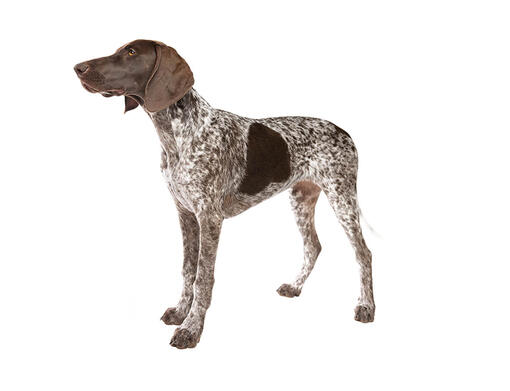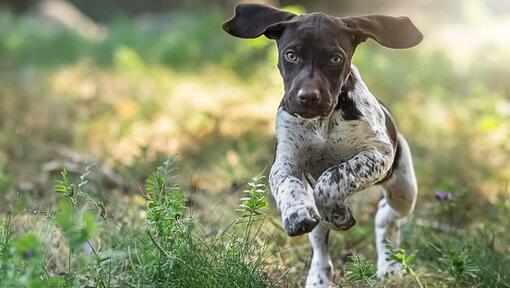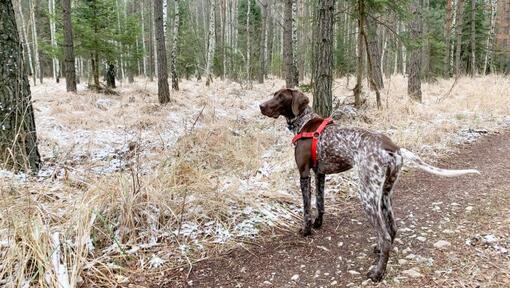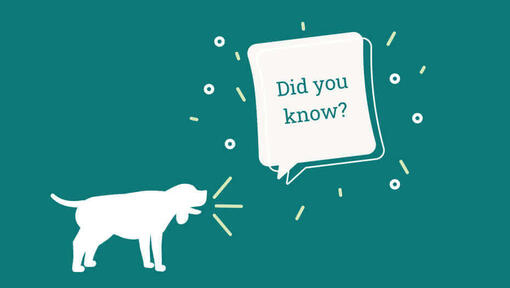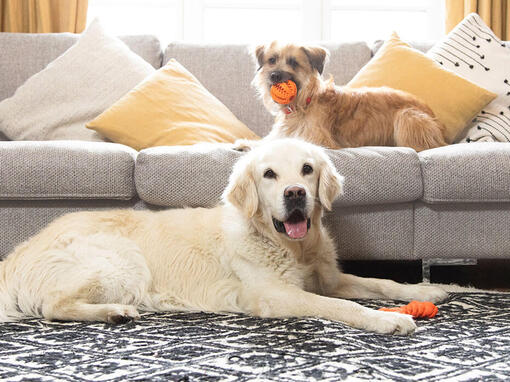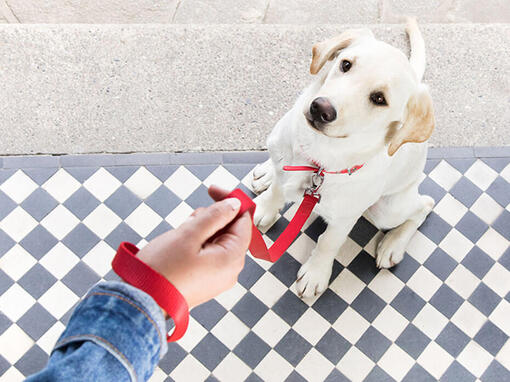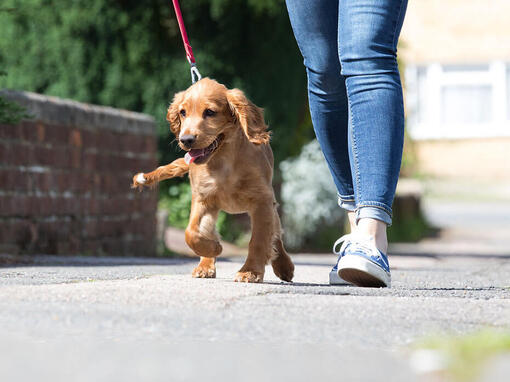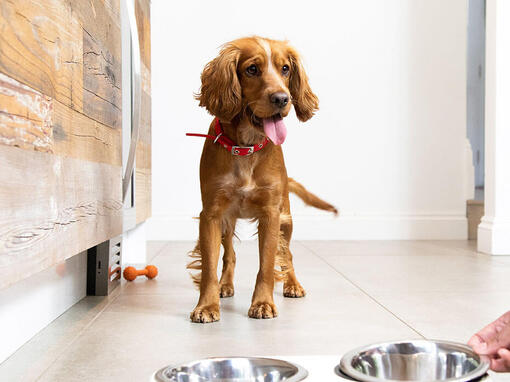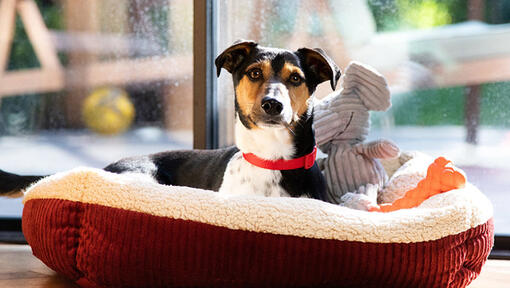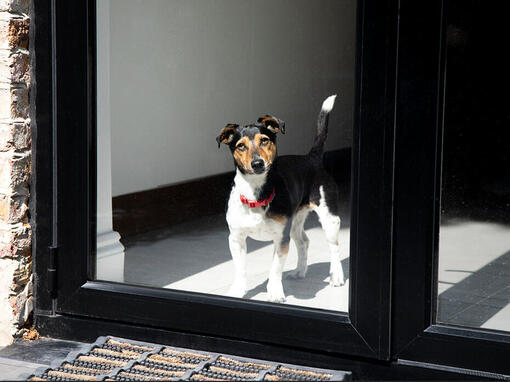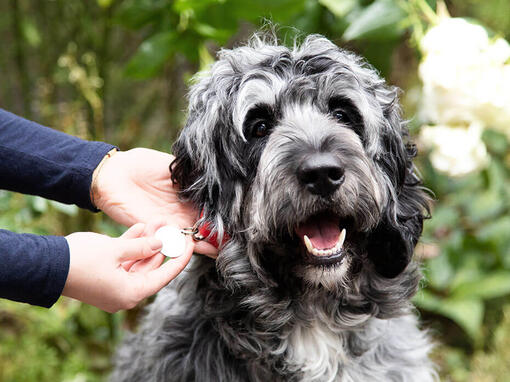History and Origins
Country of Origin: Germany
The German Shorthaired Pointer was created in Germany in the 17th century by crossing the Spanish Pointer with some of the early German bird dog breeds and, some historians suggest, Bloodhound. This was successful, but the new breed was heavy and slow and so in the 19th century steps were taken to improve the breed by crossing them with the English Pointer which produced a lighter, faster dog.
However, the emphasis has always been on the breed’s searching ability rather than their speed. The GSP is one of the versatile Hunt, Point and Retrieve (HPR) breeds and is happy to work on land and water. To their supporters, the German Shorthaired Pointer is the perfect, all-round gundog.
